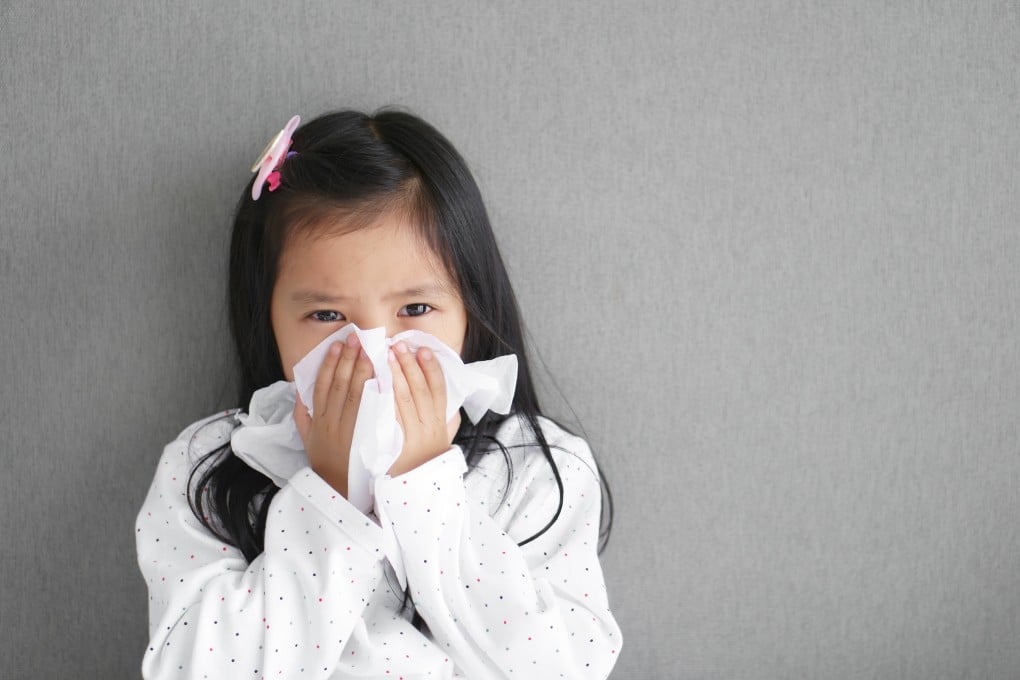How air conditioners can trigger asthma and allergy symptoms
- Poorly maintained air conditioners harbour dust and allergens that can aggravate respiratory conditions and allergies
- The Hong Kong Consumer Council recommends cleaning dust filters once or twice a month

Michelle Lai had no idea the air conditioners in her home could have been contributing to the respiratory problems of her two children who suffered mild allergies.
Lai moved from Canada to Hong Kong in 2017 with her two girls, who are now aged five and seven. Both developed wheezing and shortness of breath a year later.
“We took measures such as not having a lot soft furnishings and cushions lying around and we kept the flat well ventilated,” she says. “My girls also wanted a cat but we decided against it – that was a difficult decision.” (Proteins found in an animal’s skin cells or saliva can trigger allergies, causing sneezing, a runny nose, wheezing and breathing difficulties.)
Lai says it was only when she went to an allergy expert that she learned poorly maintained air conditioners could aggravate existing respiratory problems.

Each year, the sound of buzzing air conditioners heralds the start of Hong Kong’s hot and humid summers. With seasonal consistency, cold wars erupt in offices citywide as workers fight over control of the temperature gauge, and for good reason: research shows working in over-air-conditioned environments can trigger chronic headaches and fatigue.
Air-conditioning units might often be positioned out of sight but their maintenance should not be out of mind, in particular for those suffering allergies or other respiratory conditions.